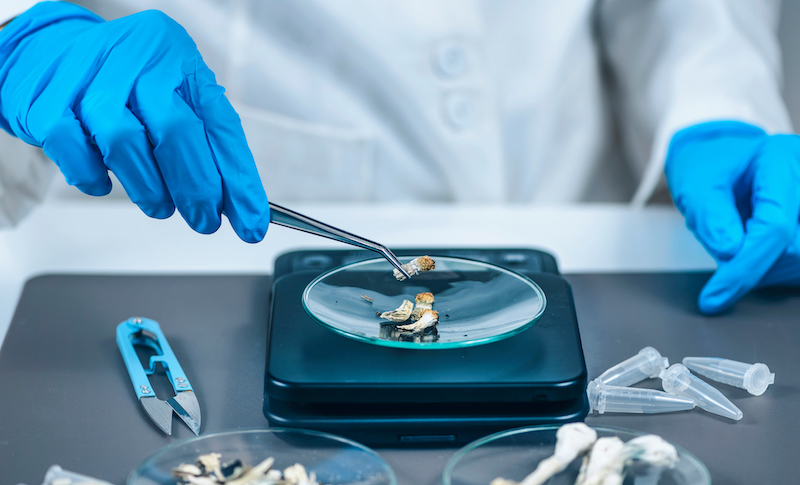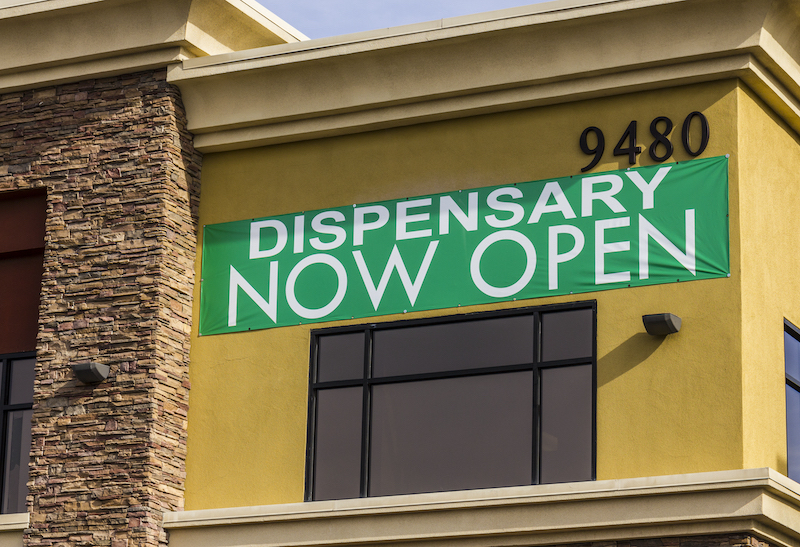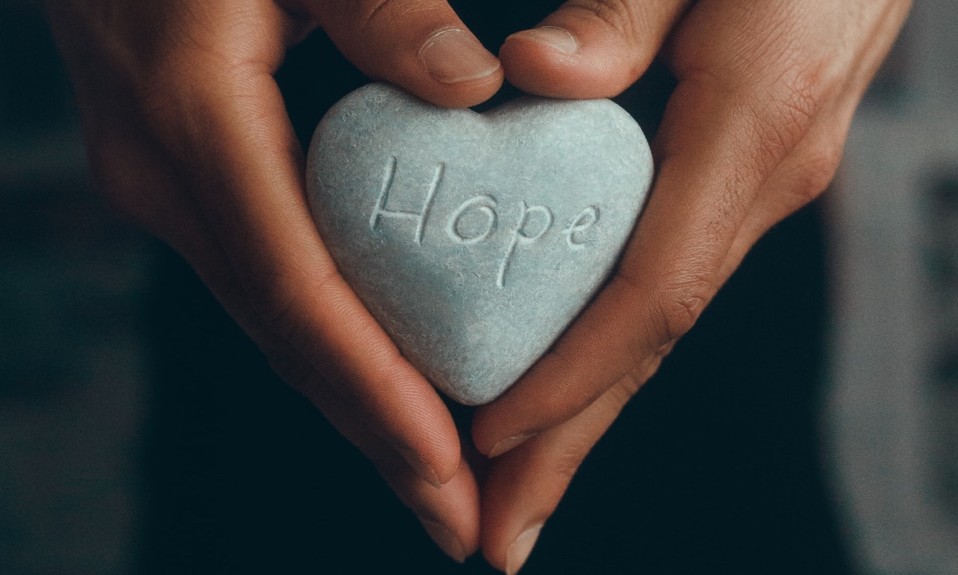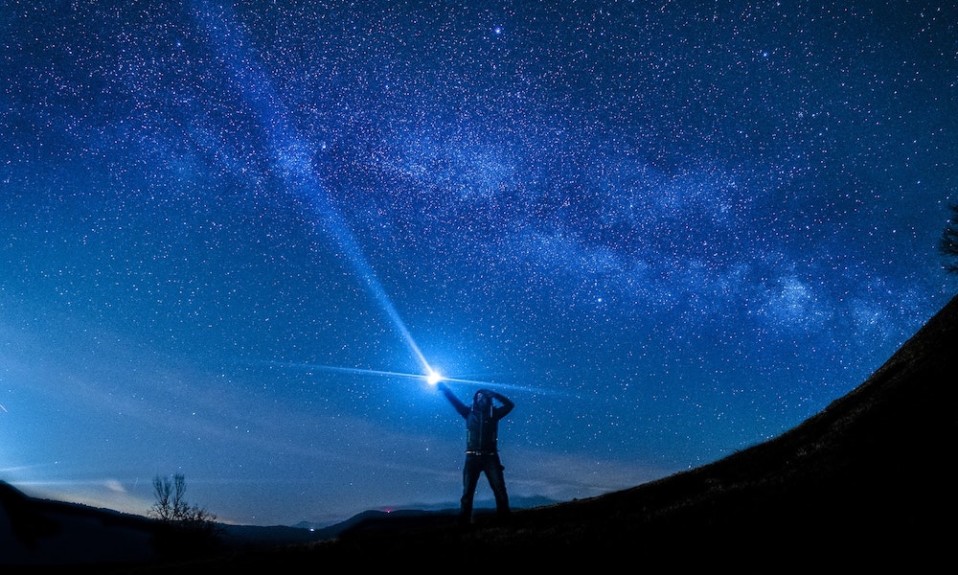Yes, according to a new study from NYU. Plus, major increases in weed use where the drug is legal, and loneliness and substance use
By William Wagner
Psilocybin mushrooms are no longer just the stuff of recreational psychedelic trips. In the past several years, they’ve received a lot of attention for their medicinal potential, most recently in a study from New York University.
Also this week, we look at the increase in marijuana use where weed is legal and the impact of loneliness on drinking and drugging.
From JAMA Psychiatry:
The Potential of Psilocybin to Thwart AUD
Psilocybin mushrooms have become a darling of the mental health and addiction research communities, and a new study out of NYU does nothing to change that. A randomized clinical trial conducted by NYU researchers found that psilocybin, the psychedelic compound in certain mushrooms, significantly reduced heavy drinking when combined with psychotherapy. Says senior study author Michael Bogenschutz, MD, “Our findings strongly suggest that psilocybin therapy is a promising means of treating alcohol use disorder [AUD], a complex disease that has proven notoriously difficult to manage.”
“Beyond alcohol use disorder, [psilocybin-oriented therapy] may prove useful in treating other addictions, such as cigarette smoking and abuse of cocaine and opioids.”
—Michael Bogenschutz, NYU
Bogenschutz and his colleagues studied 93 men and women, who were administered either two doses of psilocybin or an antihistamine placebo. Within eight months, the participants who were given psilocybin had decreased their drinking by 83% relative to their alcohol consumption at the onset of the study. What’s more, 48% of those who were given psilocybin had quit drinking altogether by the end of that eight-month period, compared with 24% from the placebo group.
Bogenschutz believes the results of the study could be far-reaching. “As research into psychedelic treatment grows, we find more possible applications for mental health conditions,” he says. “Beyond alcohol use disorder, this approach may prove useful in treating other addictions, such as cigarette smoking and abuse of cocaine and opioids.”
From Addiction:
Legal Weed Equals a Major Increase in Usage

States where marijuana is legal have experienced an uptick in use of the drug—and a substantial one at that. According to researchers from the University of Colorado Boulder and the University of Minnesota, people who live in states where recreational weed is legal are 24% more likely to partake than those who live in states where it’s illegal.
The study is unique in that the researchers analyzed more than 3,400 twins; one twin lived in a state where marijuana is legal, the other in a state where it isn’t. The approach is informative because twins have the same genetic, socioeconomic and parental backgrounds. “This is the first study to confirm that the association between legal cannabis and increased use holds within families in genetically identical individuals,” says University of Colorado’s John Hewitt, PhD, a co-author of the study. “This makes it much more likely that legalization does, in itself, result in increased use.”
From Alcoholism: Clinical and Experimental Research:
The Impact of Loneliness on Substance Use
If you’re feeling lonely, you’re more likely to delve into drugs and/or alcohol. And the pandemic, with the isolation it wrought, exacerbated the problem. Investigators from Fordham University and the National Institutes of Health (NIH) took on the subject by recruiting 2,650 U.S. adults (average age: 39) to keep diaries between October 2020 and May 2021, the heart of the pandemic. Their levels of loneliness, the diaries indicated, drove their drug and alcohol use. And those who felt the loneliest were more likely to use non-cannabis drugs.
“Future research could profitably examine just-in-time adaptive interventions that assess fluctuations in loneliness to prevent the development or exacerbation of substance use disorders.”
—study in Alcoholism: Clinical and Experimental Research
Even though the isolation associated with the pandemic has ebbed, the findings of the study should have value going forward. “Individuals who do not experience severe loneliness … but who show daily increases in loneliness above baseline levels are at heightened risk of alcohol and non-cannabis drug use,” the paper states. “Future research could profitably examine just-in-time adaptive interventions that assess fluctuations in loneliness to prevent the development or exacerbation of substance use disorders.”
Top photo: Shutterstock














